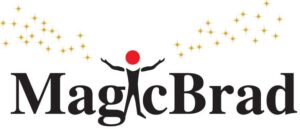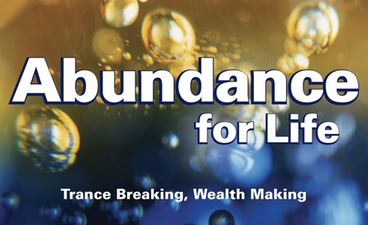Gregg Killpack is an Investment Professional with 25 years experience What is a Mutual Fund.
Gregg began studying the stock market and What is a Mutual Fund in 1988 when he found the book, How To Prosper During The Coming Bad Years, by Howard Ruff.
That sparked his interest to learn more and fueled his passion to understand how the stock market really works and answer the question, “How can someone make the most money investing in the stock market?” Since then he has read somewhere between 30,000 – 50,000 pages and hundreds of books about all topics related to the markets, including fundamental analysis, technical analysis, the business cycle, investing strategies, macro-economics, options, evaluating stocks, the history of Warren Buffett, value investing, market bubbles and every other related subject he could find.
WEBSITE: http://www.markettiminguniversity.com
Mutual funds are investment strategies that allow you to pool your money together with other investors to purchase a collection of stocks, bonds, or other securities that might be difficult to recreate on your own. This is often referred to as a portfolio. The price of the mutual fund, also known as its net asset value (NAV) is determined by the total value of the securities in the portfolio, divided by the number of the fund’s outstanding shares. This price fluctuates based on the value of the securities held by the portfolio at the end of each business day. Note that mutual fund investors do not actually own the securities in which the fund invests; they only own shares in the fund itself.
In the case of actively managed mutual funds, the decisions to buy and sell securities are made by one or more portfolio managers, supported by teams of researchers. A portfolio manager’s primary goal is to seek out investment opportunities that help enable the fund to outperform its benchmark, which is generally some widely followed index, such as the Standard & Poor’s 500. One way to tell how well a fund manager is performing is to look at the returns of the fund relative to this benchmark. Note that while it may be tempting to focus on short-term performance when evaluating a fund, most experts will tell you that it’s best to look at longer-term performance, such as 3- and 5-year returns.










